CEE | Center for Experimental Ethnography
Menu
This talk reflects on the collaborative construction of a multimodal platform aimed at seeking integral restitutive justice for the victims of prison massacres in Ecuador. In making ethnographic multimodality adequate for accompanying victims and reclaiming justice, the platform – Prison Observatory 593 – brings together families of prisoners killed while incarcerated, human rights lawyers, liberation theology priests, and decolonial scholars. Building on our experience with the Observatory, this talk is an invitation for an interdisciplinary conversation about how the notions of cinematic accompaniment and decolonial reclamation can help us contribute to an abolitionist intervention against the carceral state.
0 Comments
Indigenous activists everywhere are attempting to steer the world away from climate collapse. The films in this year’s series depict efforts to reclaim land in order to save all beings on the earth and for a more livable future. The Bishnoi: India's Eco-Warriors
Dir. Franck Vogel and Benoit Segur, 2011, 52 min. For centuries, the Bishnoi of Rajasthan in India have been stewarding and preserving the biodiversity of their land. They follow a 500 year old philosophy that all living beings have the right to survive and share all resources. Filmmakers Franck Vogel and Benoit Segur share the stories of three Bishnoi people: Khamu Ram Bishnoi, who fights against plastic pollution; Rana Ram Bishnoi, who has planted over 22,000 trees in the desert; and Ranveer Bishnoi, who hopes to become a priest. Presented with new subtitles created for this screening Screening followed by a conversation with filmmaker Franck Vogel and Dr. Nikhil Anand, Associate Professor of Anthropology, University of Pennsylvania. Please come to the small Diwali reception after the screening.
Join GSWS, CEE, and members of the public for an exciting showcase of films from Ricardo Bracho and his students! Videos in this showcase were made by students in Ricardo Bracho's courses (Surrealism in the Americas, Planets in my Pen), in indepent studies, and in collaboration on theater productions, for a Sachs mini-grant and when Bracho was a Fellow with the Center for Experimental Ethnography. You'll experience wild pink ladies, the US/Mexico border, Brazil's fashion industry at war with its military dictatorship and so much more! GSWS/FQT Center Suite 345 Philadelphia, PA 19104
Join a workshop directed by Victoria Costa and Kristina Baines, co-directors of Cool Anthropology, focused on public scholarship in anthropology. Workshop attendees will participate in exercises that explore how to make their research more accessible to the public through various types of media. Penn undergraduate, graduate, faculty, and staff are invited to join in this free event.
Join us for a Second Sunday Culture Film screening followed by conversation with filmmaker Alexi Liotti and Pacheedaht First Nation Elder Bill Jones.
A peaceful indigenous-led movement to protect the Ada’itsx/Fairy Creek watershed in the last of British Columbia’s untouched Old Growth forests has become Canada’s largest act of civil disobedience. Named the best environmental film at the 2023 Vancouver International Mountain Film Festival, Rematriation follows concerned citizens exploring the confluence of scientific, cultural, economic and sociopolitical perspectives, as they take a stand to protect the last big trees from being cut down. The Second Sunday film series is organized by the Penn Museum and co-sponsored by the Center for Experimental Ethnography, the Wolf Humanities Center, the Cinema and Media Studies Program at Penn and the Penn Program in the Environmental Humanities.
Calling all collaborators and volunteers for CAMRA! If you are interested in participating in this student-led collective, please fill out the form by Friday the 13th. On Friday, October 13th at 1:15pm in the Student Lounge at Penn’s LGBT Center, CAMRA will have the first Open Meeting of the year. Come and join us to imagine what this year will look like! We extend the invitation to returning and potential new members to brainstorm our vision for CAMRA and discuss our plans for the year ahead. CAMRA (Collective for Advancing Multimodal Research Arts) fosters interdisciplinary collaborations amongst scholars, sensory ethnographers, artists and educators within and beyond the University of Pennsylvania to explore, practice, evaluate and teach about multimedia research and representation.
We ask questions about the affordances, challenges, and possibilities of multimodal scholarship in teaching, learning, mediamaking, and knowledge production. Our aim is to support media-based research and pedagogies, with an explicit focus on: (1) providing practical guidelines for evaluation of multimodal research; (2) utilizing participatory, digital, and ethnographic methodologies; (3) creating digital and physical spaces for multimodal work to be showcased; (4) critically examining how technology is changing the processes of teaching and learning.
Andrea Ballestero (Associate Professor of Anthropology, USC Dornsife) will present "Aquifers: Ehtnography at the edges of a concept," in this second installment of the "Elemental Thinking: Troubling States of Matter in the Americas" lecture series sponsored by the CLALS Interdisciplinary Research Cluster (IRC). This IRC is led by Penn professors Kristina Lyons (Anthropology) and Jon Hawkings (Environmental Sciences) in collaboration with other professors and graduate students across Penn’s schools and partners from Latin America and the U.S. RSVP HERE to attend in person. RSVP HERE to attend by Zoom. Imagining what life will become in the near future, public officials and community members in Costa Rica are coming together to take responsibility for underground water worlds. In the process they oscillate between two concepts: groundwater and aquifers. Groundwater efficiently conveys a sense of water as a fungible unit that can be exchanged, banked, or spent. In contrast, the figure of the aquifer activates a grounded concept whereby land, liquidity, and history are inseparable. This paper queries the technical and legal tools people use to move from groundwater to aquifers, and back. Focusing on questions around jurisdiction and database making, I consider the everyday tasks required to align the world that is with the world that could be. The elements have been taken up as a heuristic in the Arts and Sciences to understand environmental systems and change across geographical and cultural contexts. The approach to studying environments through the elements – most notably the classical elements of fire, earth, water, and air – has been foundational to the composition of Environmental Anthropology and its configurations of expertise, as well as the Environmental Sciences. However, the stakes of our current socio-ecological crises demand we engage with the elements as more than only taxonomies, statistics, and natural resources. This proposed interdisciplinary research cluster focuses specifically on socio-environmental conflicts and justice struggles involving these elemental assemblages. Our IRC cluster will engage with these pressing issues by placing the social studies of science & technology (STS), environmental law/justice, and the natural and environmental sciences in conversation through the combination of several activities: talks with invited guests and the organization of workshops and roundtables. We will focus on both case studies and broad trends occurring across the hemisphere in academic scholarship, scientific knowledge production, and public praxis. (Written by Kristina Lyons)
choreographies of responsibility, and has developed the concept of casual planetarities. Her scholarship is located at the intersection of feminist STS, legal anthropology, and social studies of finance and has been supported by the National Science Foundation, the Mellon Foundation, the Wenner Gren Foundation, the Social Science Research Council, and the Fulbright program.
|
Categories |
Contact Us // 438 PENN MUSEUm // [email protected]
© 2018 The Trustees of the University of Pennsylvania
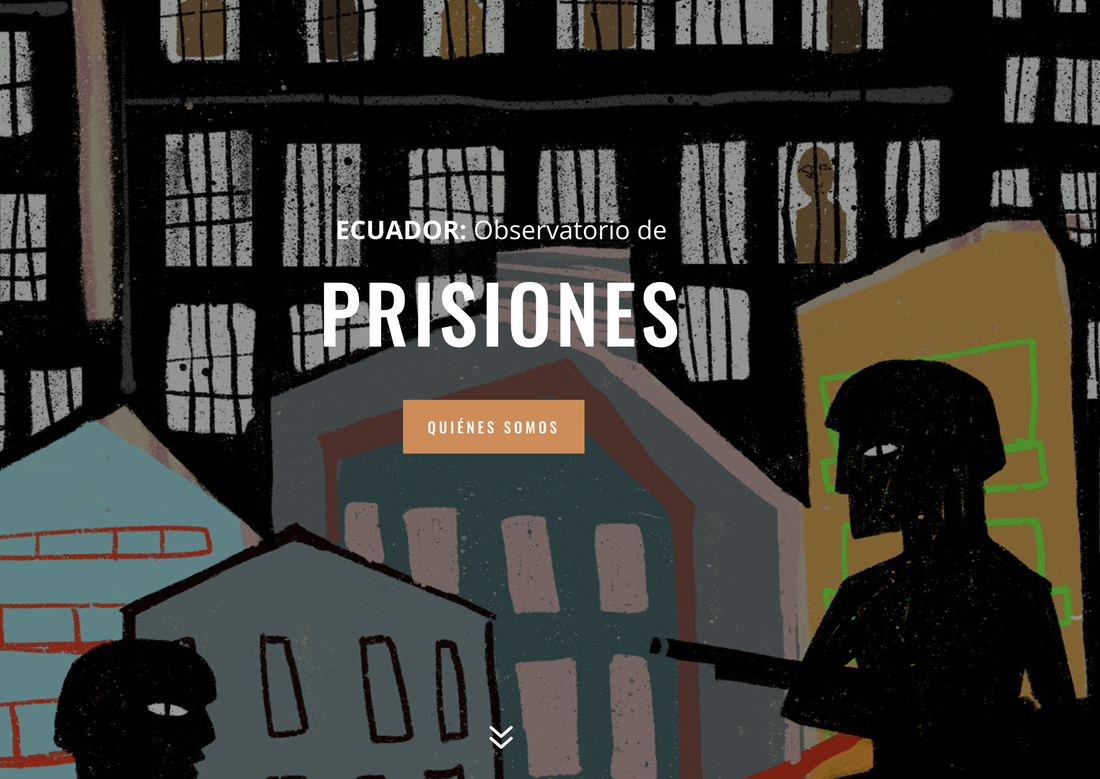
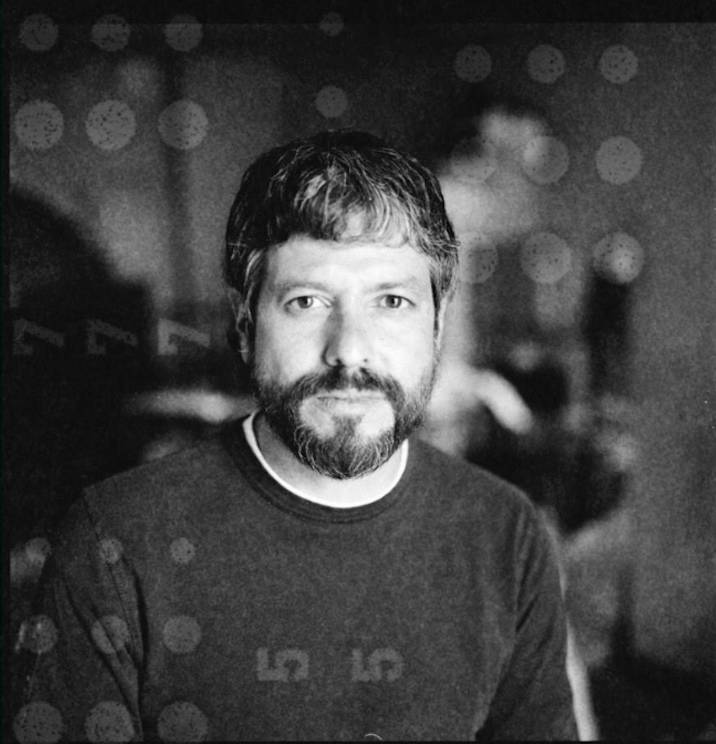
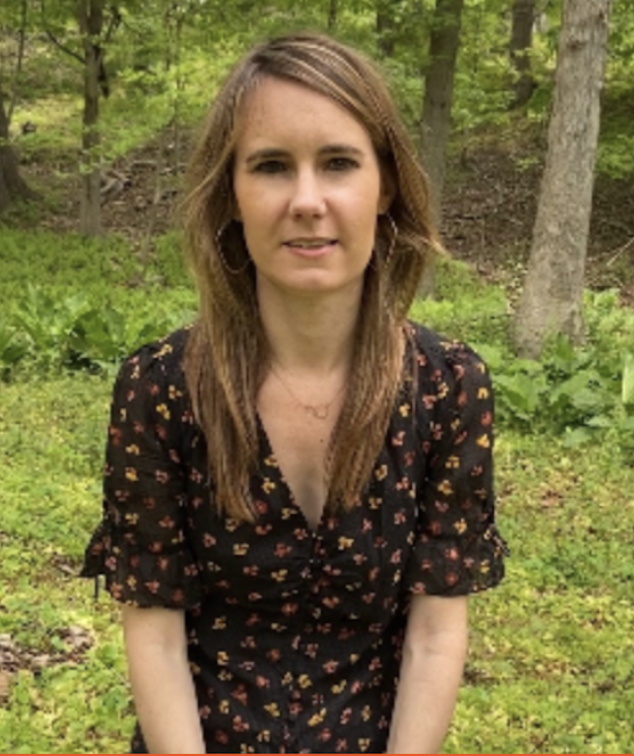
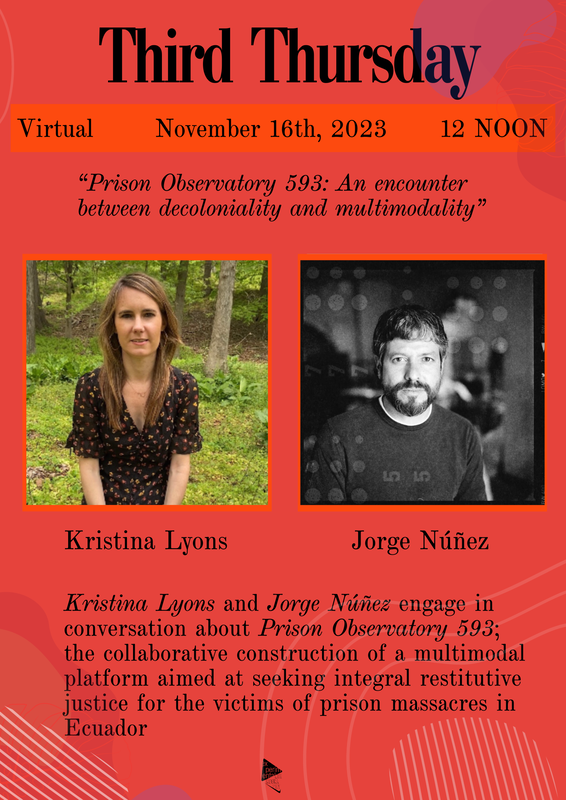
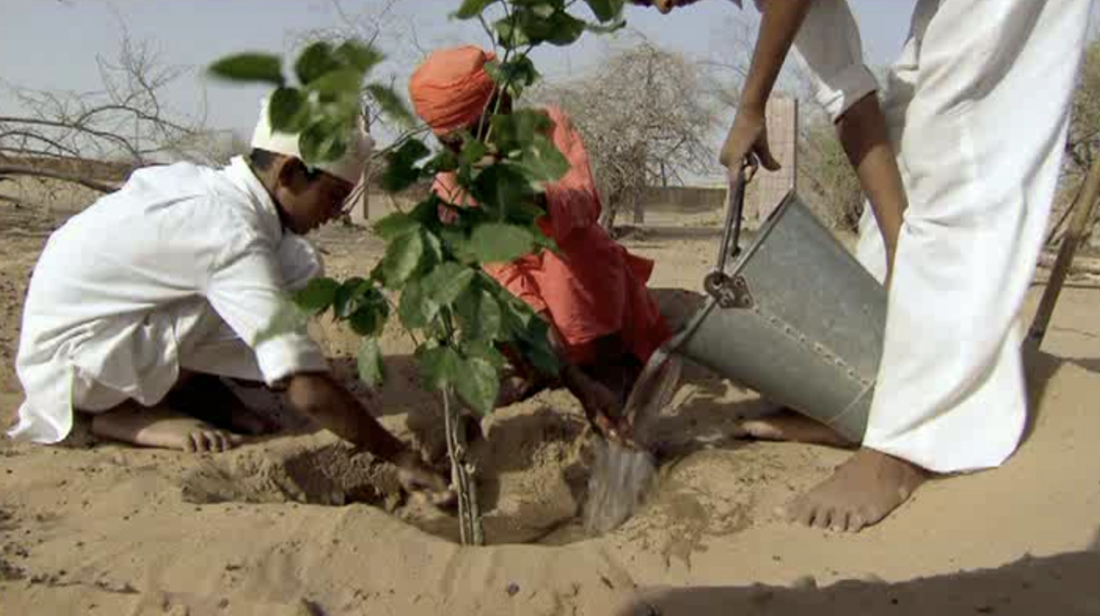
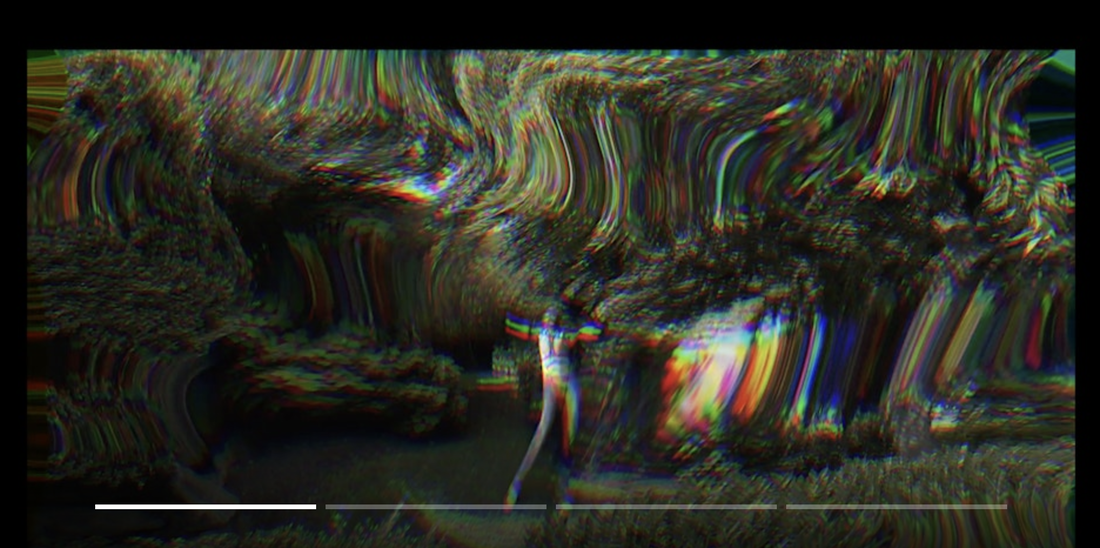
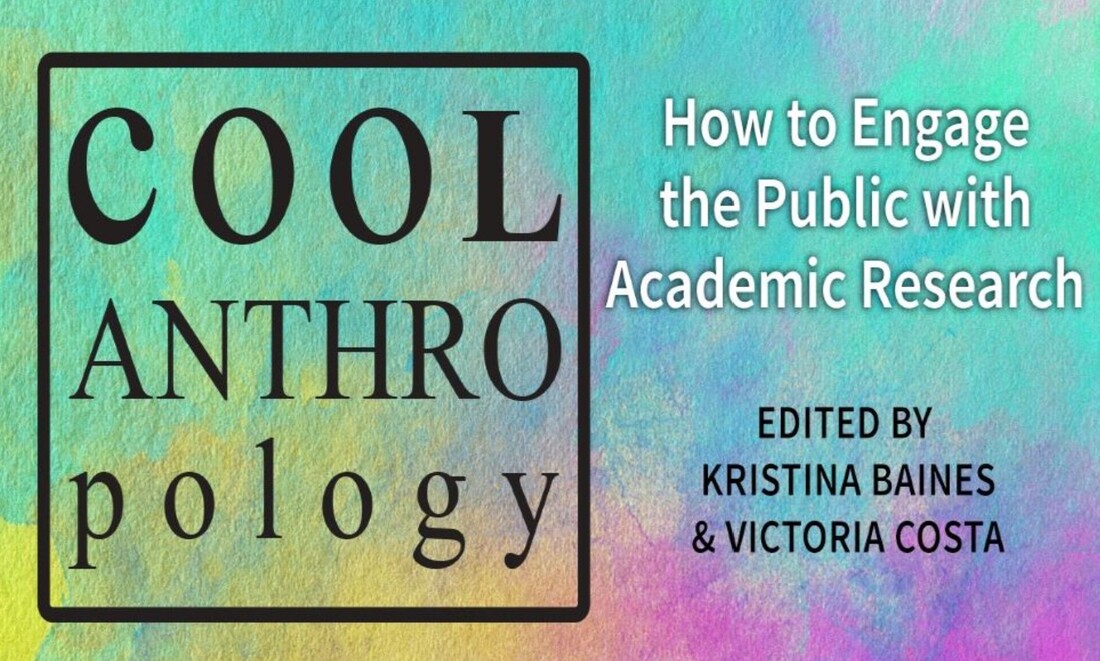
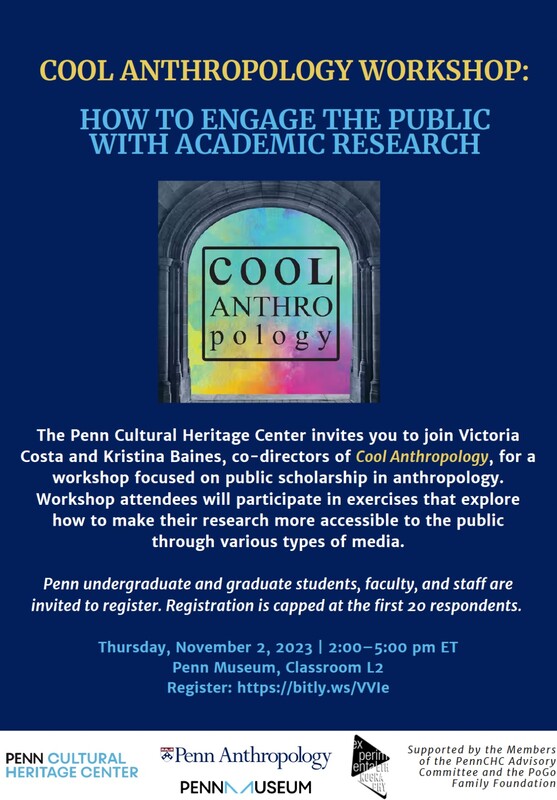
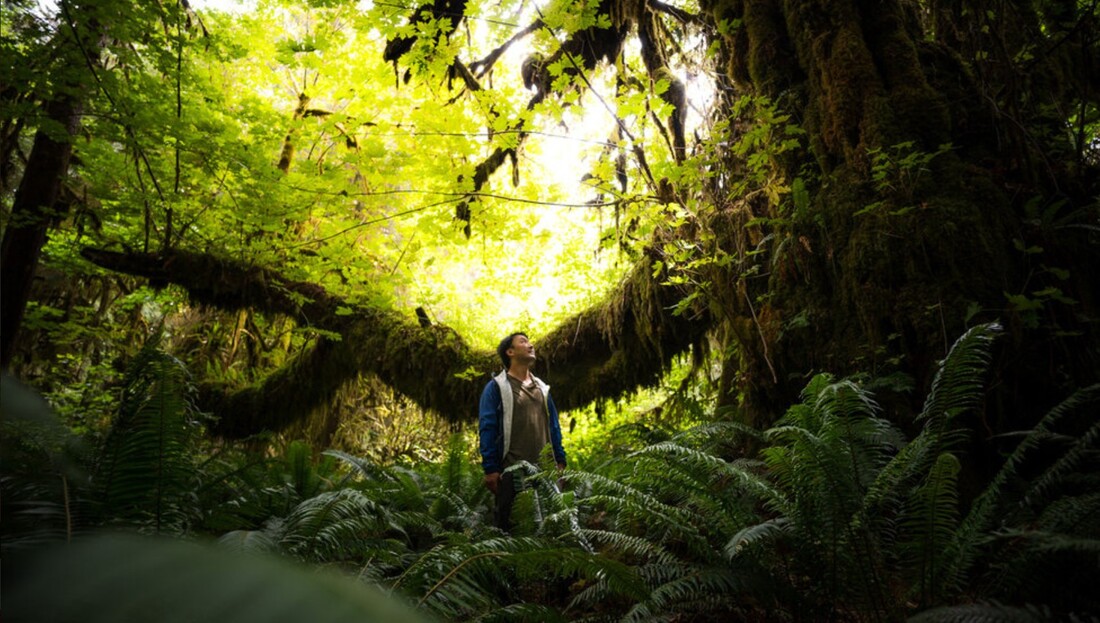
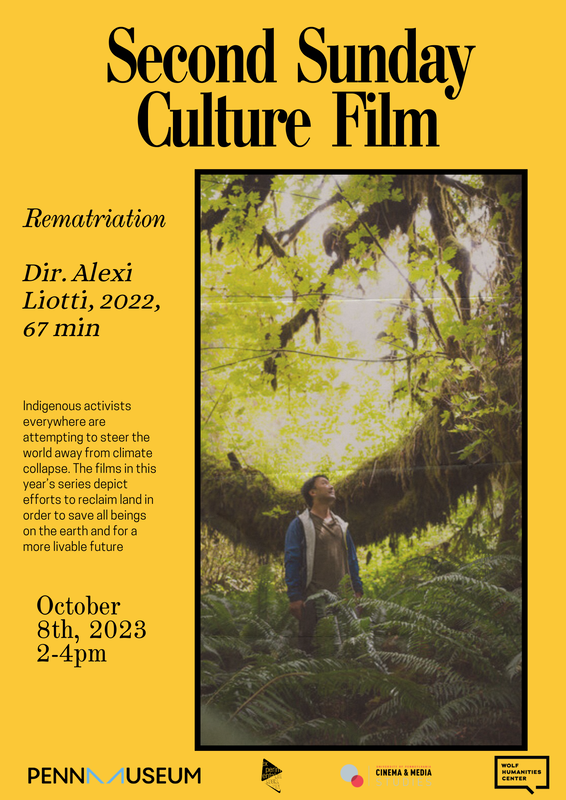
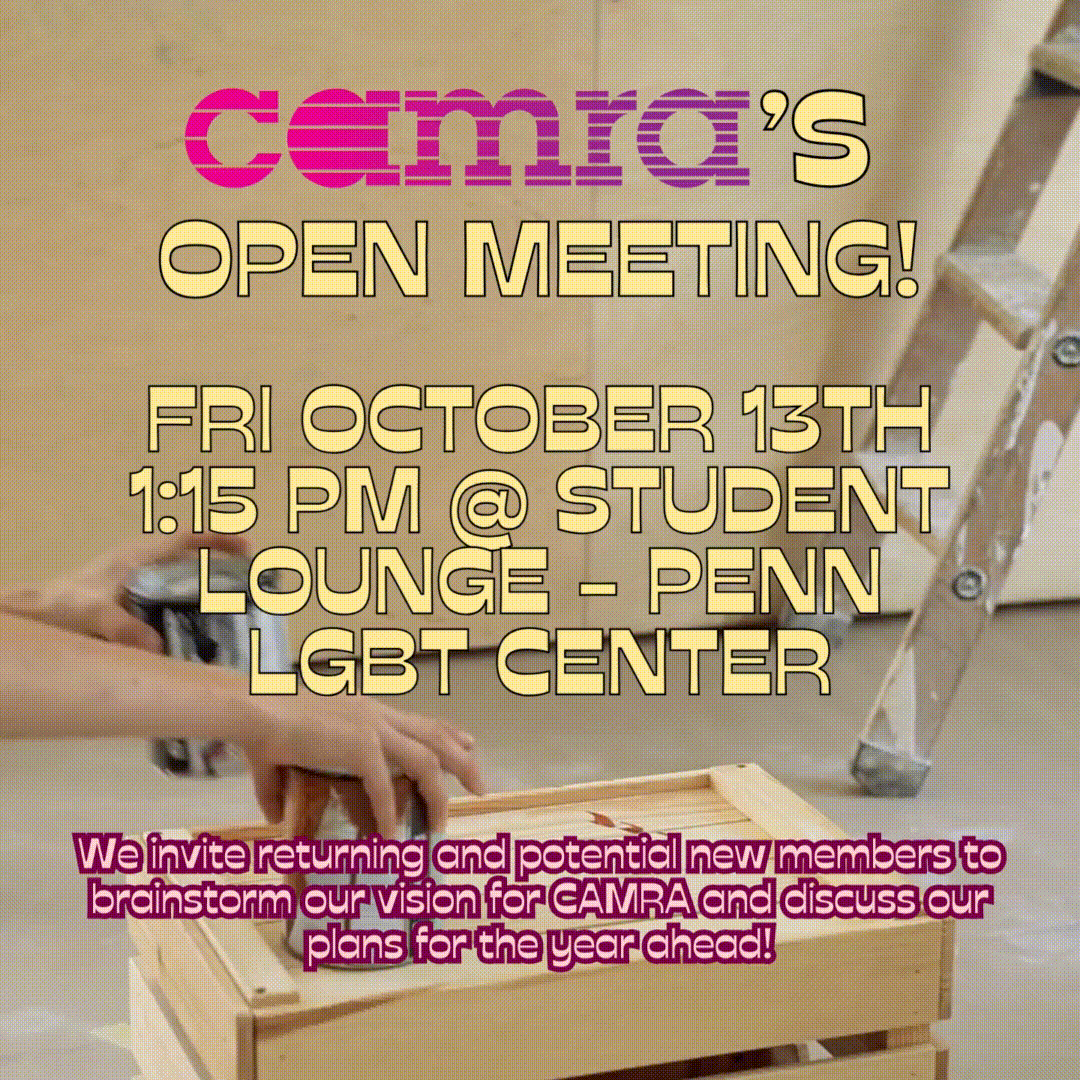

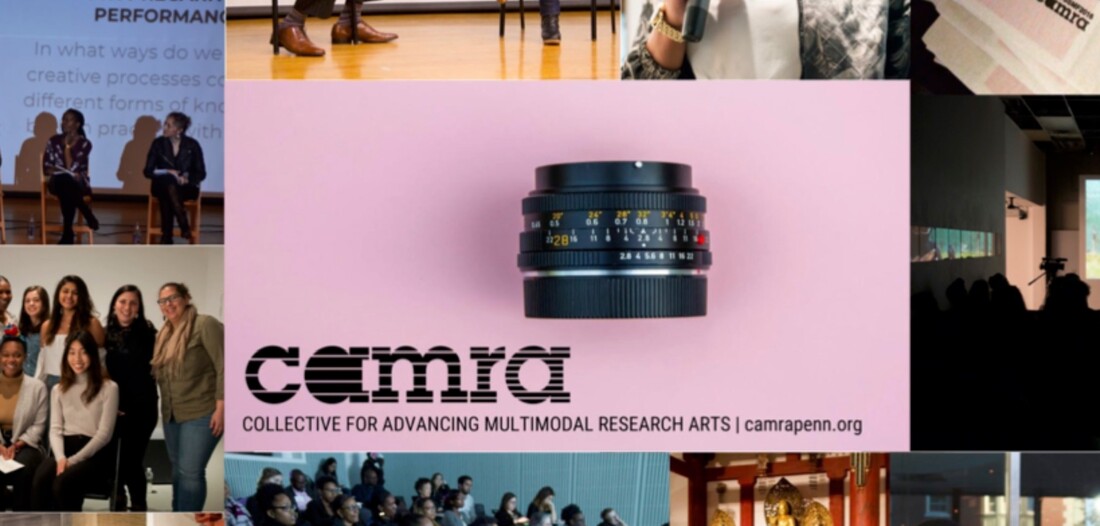
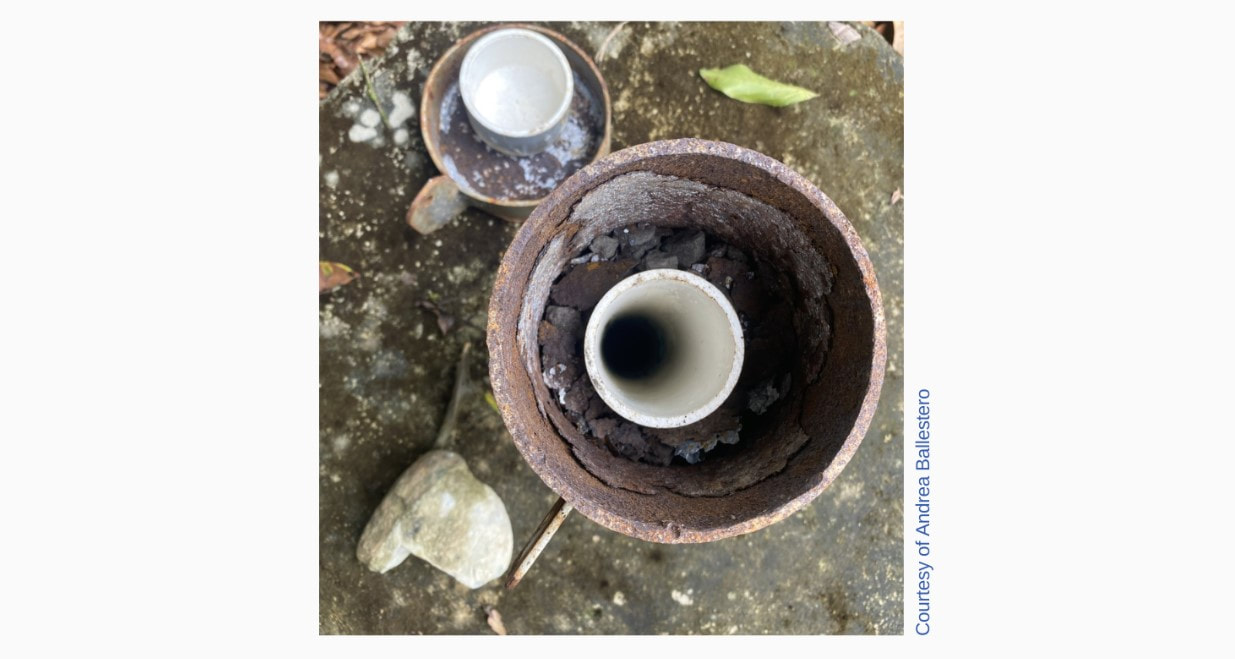

 RSS Feed
RSS Feed